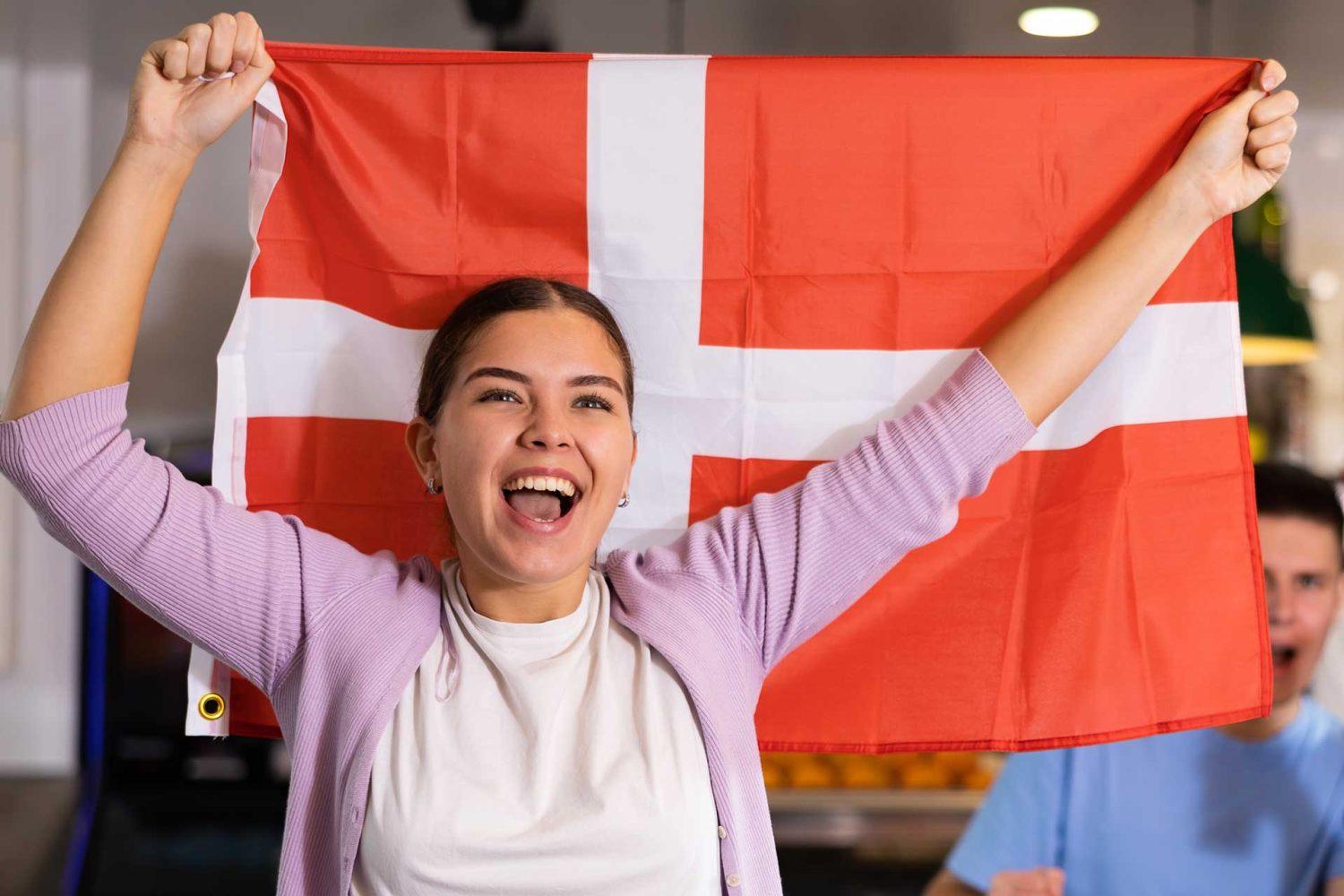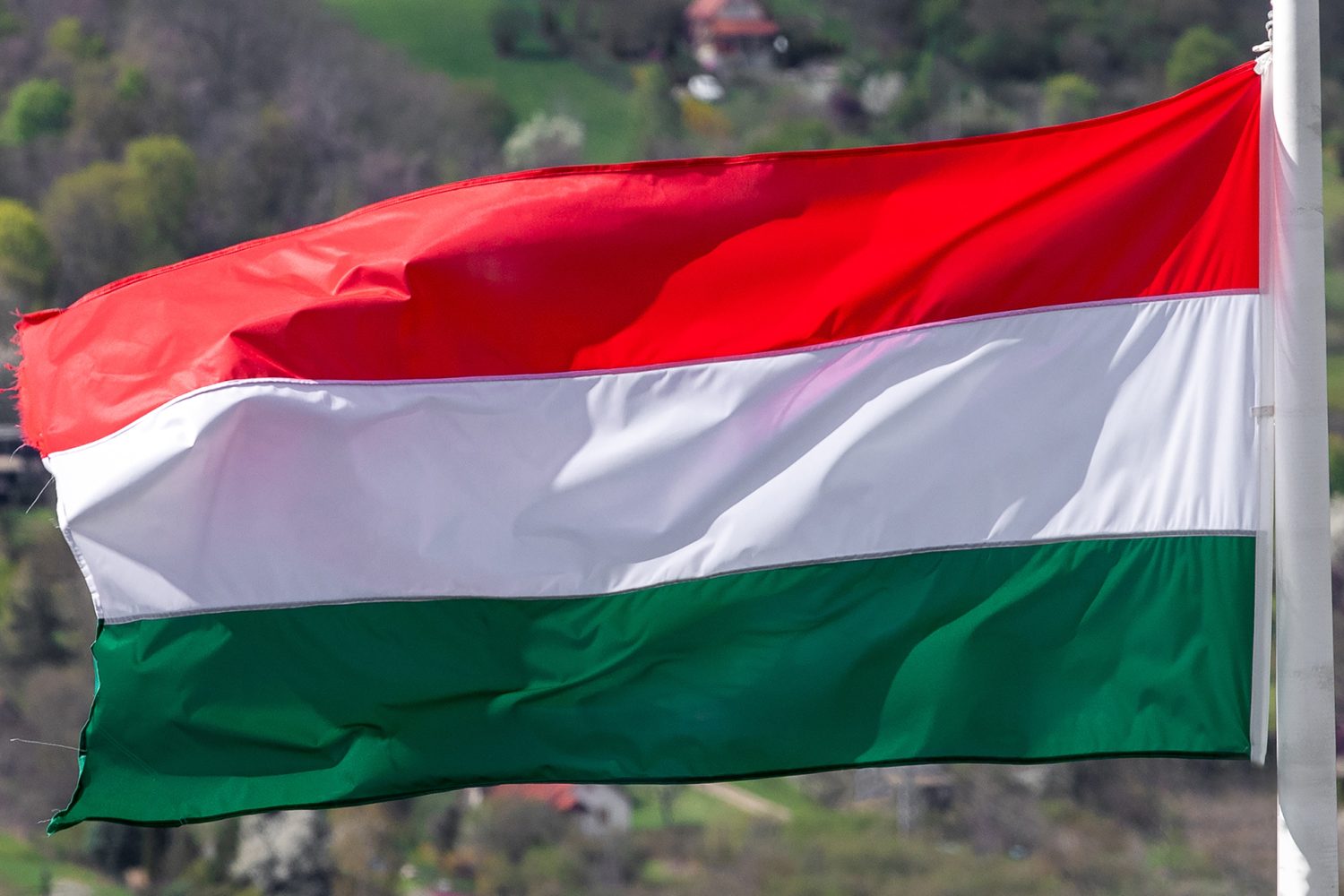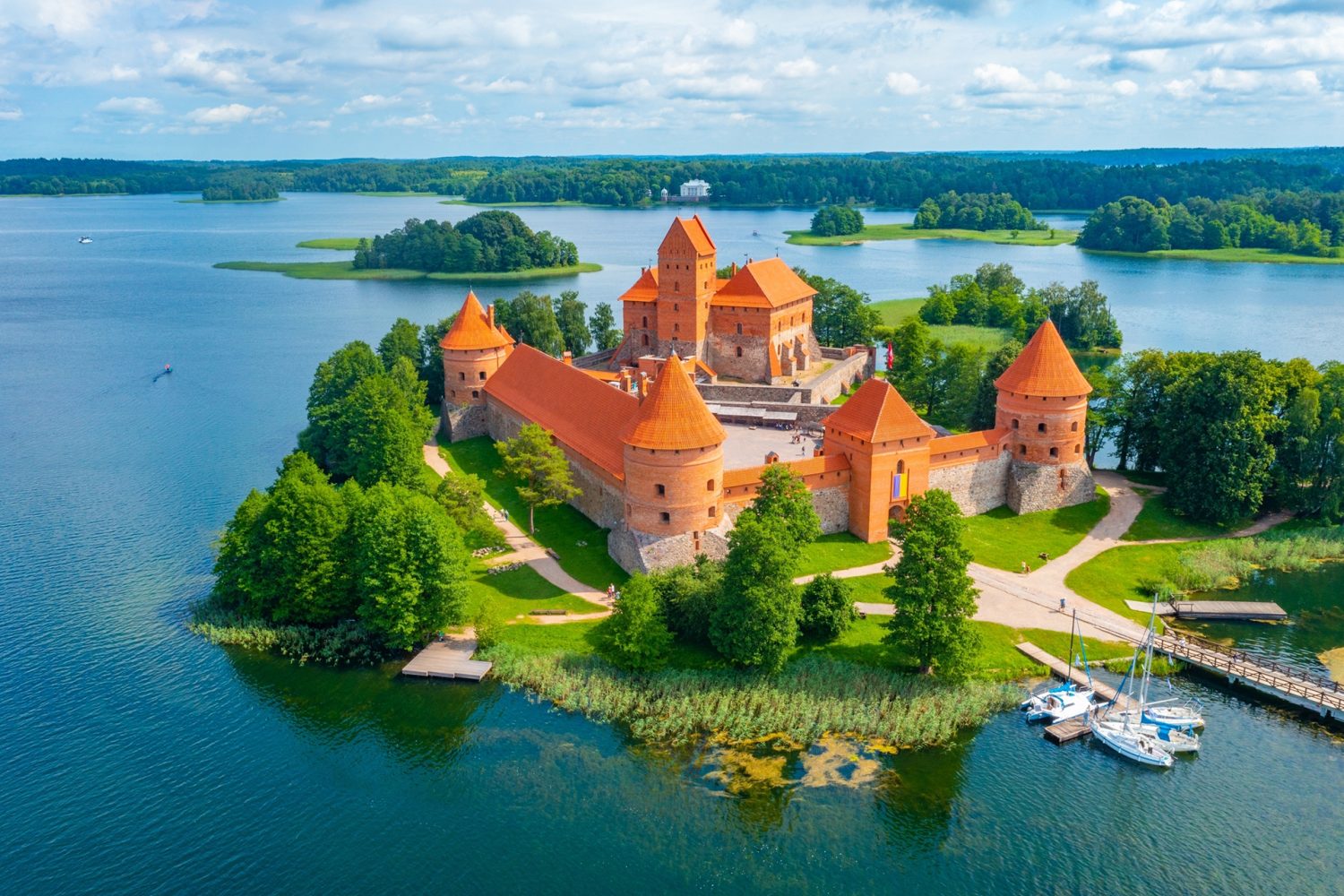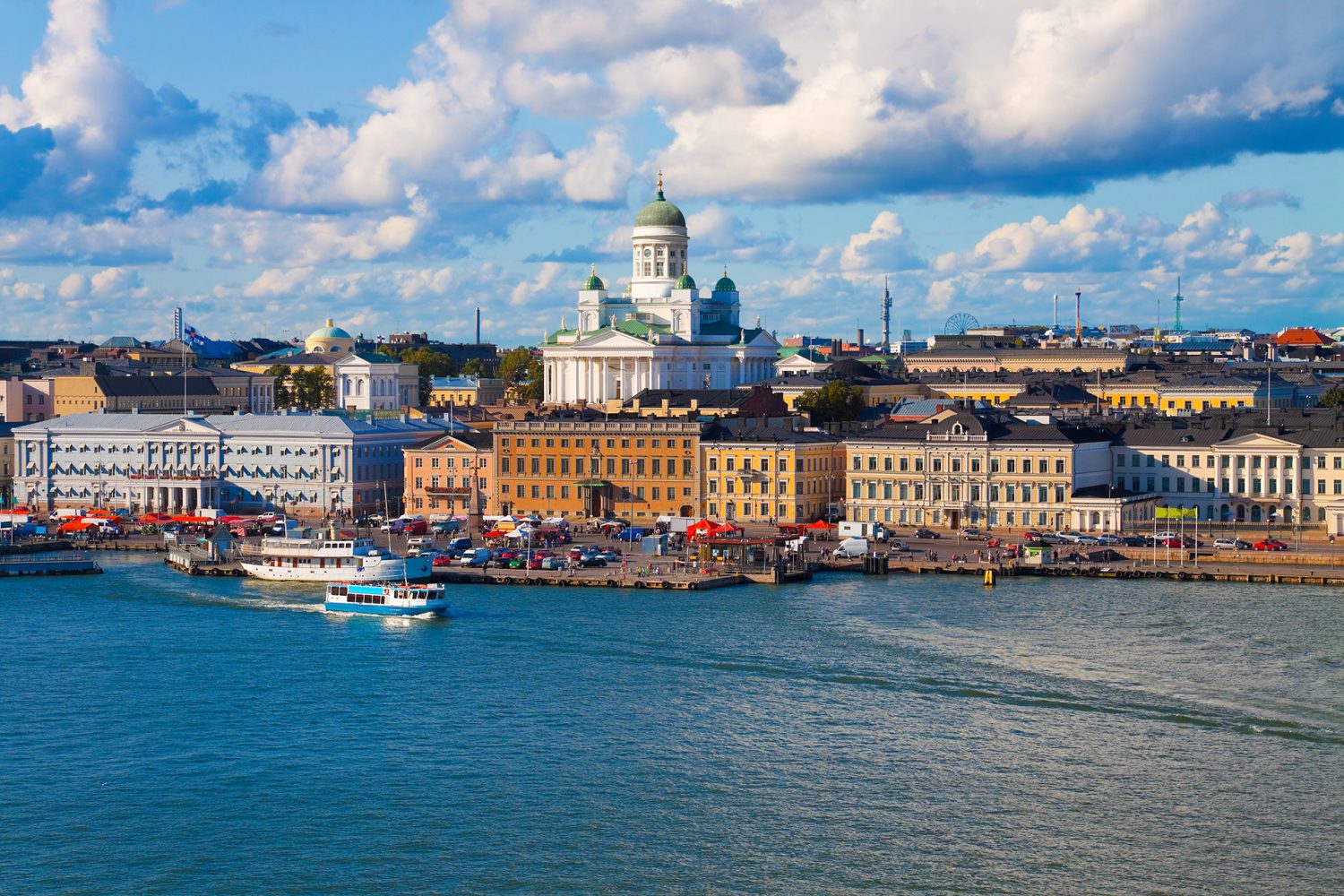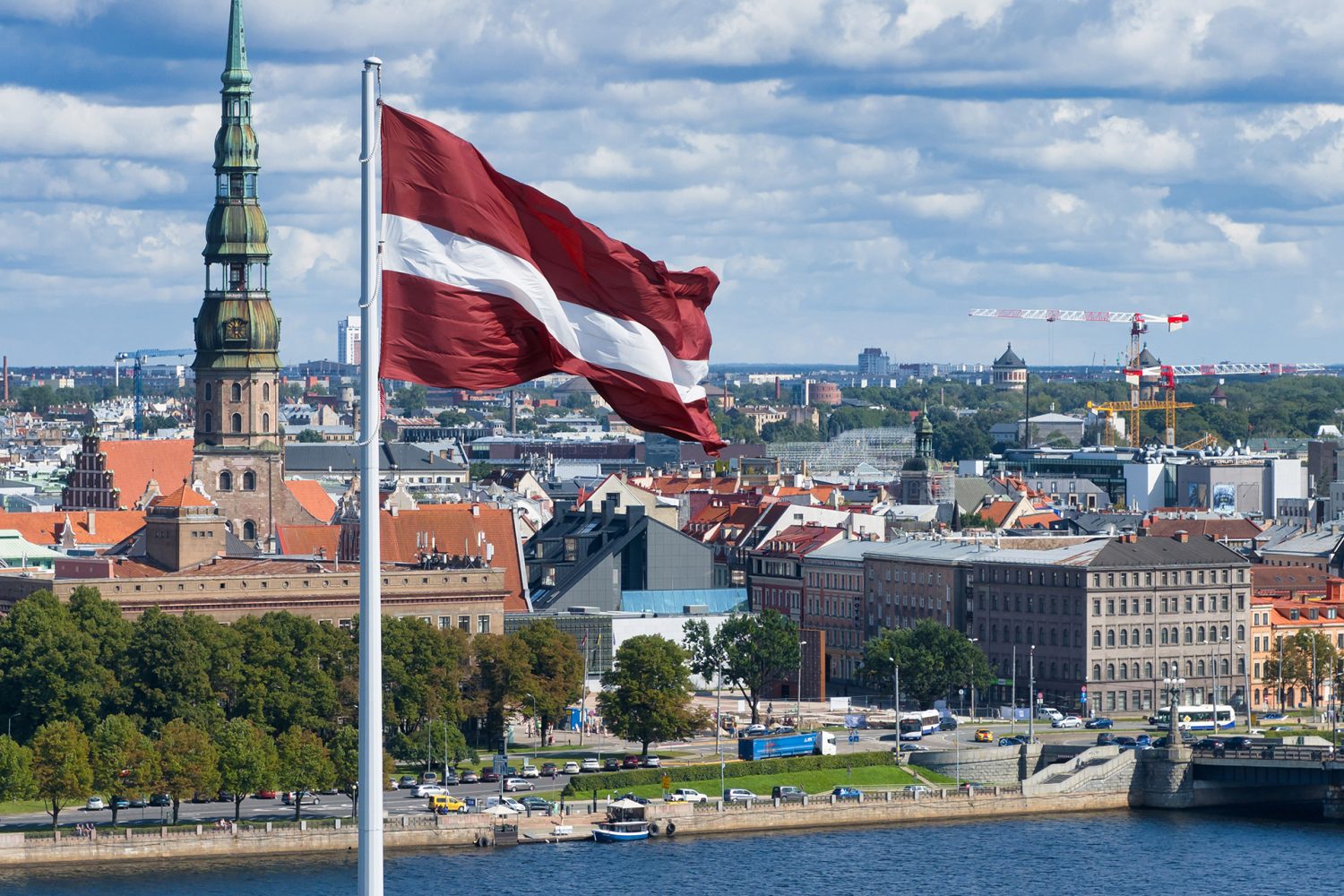
Diana Weber
Lawyer of international law
Rating:
14
February
Obtaining Denmark residence permit for foreigners
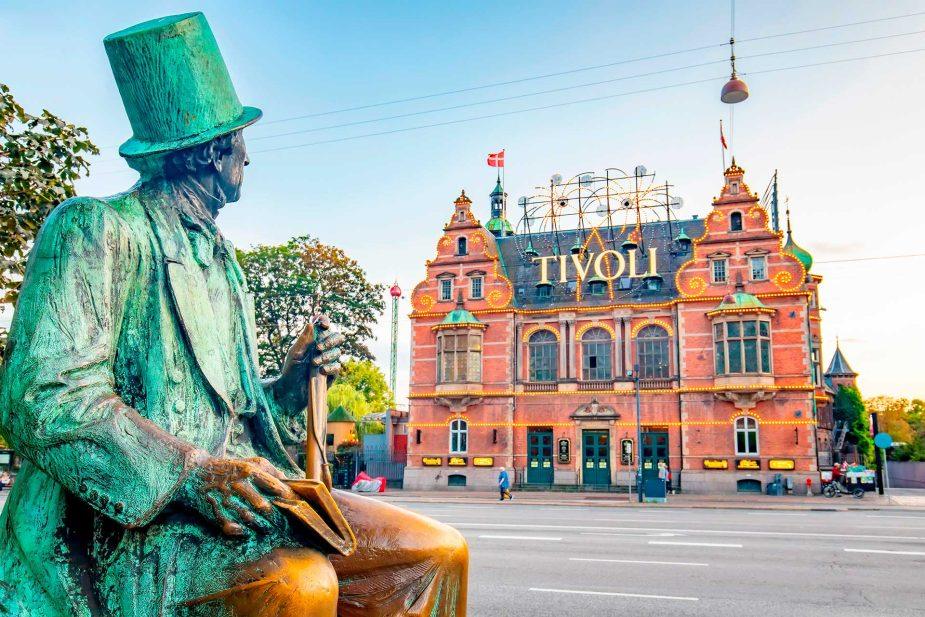
Residence permit in Denmark is a permit for temporary residence in the country, which is issued to migrants if there is a legitimate reason to move. The document is issued if you plan to stay in the country longer than the period stipulated by the visa and meet all the conditions for its granting. The Kingdom of Denmark ranks 3rd in the global ranking of quality of life, according to Numbeo. The rich country of Northern Europe attracts foreigners with high salaries, strong social system, high quality of medical and educational services.
A residence permit in Denmark is issued for official work, opening an innovative business, professional activity, education. The document is also granted for family and humanitarian reasons. In addition, residence permits are issued for less common reasons such as internships, volunteer work, participation in research or religious tasks. In any case, you must not pose a threat to national security. You will also need to have a regular source of income and a place to live in the kingdom.
Living in Denmark as a resident gives you many more privileges and opportunities than being a foreigner. For example, you can apply for social support, apply for an official job (depends on the type of residence permit), count on subsequent naturalization. The residence permit is used for visa-free travel within the Schengen zone with the fulfillment of the rule “90 days of stay for 6 consecutive months”. Residency in Denmark also gives you a number of advantages:
It is possible to get the rights of a Danish resident faster and easier if you get a passport of any of the EU countries. With the help of Immigrantinlaw's migration specialists, it can take up to a year to acquire a second citizenship. Find out more by signing up for a free legal consultation right now.
The conditions and peculiarities of granting residency in Denmark are regulated by the law “On Foreigners”. In its current form, it came into force on February 09, 2024 and significantly tightened immigration rules. In particular, stricter conditions for refugees were introduced, the age and financial limit for participants of the family reunification program was set, the waiting period for a long-term (permanent) residence permit was increased. Additional nuances of immigration are given in the laws “On Integration”, “On Repatriation” and a number of related official acts.
The general conditions for obtaining a Danish residence permit are the presence of a reason to live in the country for a long time, law-abiding behavior and sufficient financial security. The Kingdom is not interested in the influx of foreigners, so puts forward a significant list of additional requirements for each of the grounds for opening a residence permit.
Permanent residents and Danish citizens may invite family members - children, parents (if the host is a child under 18 years of age), in exceptional situations also other relatives - to live with them. In most cases, the residence permit is granted in a simplified procedure without additional requirements, but with an assessment of family ties and circumstances. Other relatives, such as siblings, can only immigrate under special circumstances such as care for the host country.
The family reunification program also applies to legal spouses and de facto cohabitants of those who hold a passport, permanent residence, immigration-type residence permit or refugee document in Denmark. When applying for a residence permit through marriage, it is important that the parties are at least 24 years old. The invited foreigner usually also passes a language test (in Danish or English) and confirms that he or she has had a permanent job for at least three years out of the previous five-year period. The second party in turn provides a spouse to live in the kingdom and financial guarantees of 8000 EUR or more.
When you are employed by a Danish company, you get a permit to live and work in the kingdom. In most cases your annual salary should be at least 70 000 EUR. You need to work a minimum of 30 hours per week, usually - you also need to document your education. Residence permits are granted with the approval of the Agency for International Recruitment and Integration - SIRI (Styrelsen for International Rekruttering og Integration). If your profession belongs to the list of those for which there is a shortage of skilled labor, the application may be considered in a simplified procedure.
The Danish residence permit is granted to those who have special skills and come to the kingdom to perform work in their profile. These can be artists, painters, song performers, professional athletes and coaches, specialized chefs. It is also possible to move as a scientific researcher invited by a specialized institute for professional tasks. Residence permits are also issued to foreign religious figures - missionaries, preachers, members of local communities. In each case, you need to document your tasks and professional experience.
You have the opportunity to obtain a residence permit in Denmark to establish and manage an innovative company. Your startup idea must be approved by an expert committee set up by the Business Administration. Up to three co-founders can apply for a residence permit within one company. There is an annual quota of up to 75 resident cards in the specified area. The candidate needs to participate in the activities of the company, to be a member of the management staff, as well as to have funds for self-support for a year in the amount of 20 500 EUR for himself alone or 41 000 EUR in case of family immigration.
Danish immigration law provides special employment conditions for those who come for:
Usually, immigrants are granted a short-term residence permit, which does not entitle them to obtain a permanent residence card and naturalize in Denmark.
Danish residency is open for students of local schools, colleges, higher educational institutions of full-time education. Students of vocational courses, participants of youth exchange programs can get a residence permit. You need to be able to speak and understand the language of instruction to the extent necessary to participate in classes. Your institution must be licensed by the Ministry of Education and Science. You will also need to have a regular source of income in the amount of 1000 EUR per month. Foreigners under 18 years of age must provide written parental consent to immigrate.
Denmark accepts applications from persons who have been forced to leave their home country due to circumstances that threaten their life and health. In this case, requests are examined, among other things, by the police authorities. Applying for protection does not guarantee refugee status - in 2024 only 58% of foreigners received it. Also, a residence permit may be granted on an individual basis for reasons that justify the immigrant's stay in the kingdom, such as medical reasons.
The Kingdom grants residency for other, less common reasons. For example, residency is issued for those wishing to spend a working vacation in the country, foreign PhDs, UK citizens for legalization after Brexit. Residence permits are also granted to those who have proven their Danish origin. Special conditions for granting residence permits are provided for foreigners who come to the territories subordinate to the kingdom - Greenland or the Faroe Islands.
Citizens of other European Union countries have the right to live in Denmark without additional conditions. You can obtain an EU passport under an accelerated procedure in 4-12 months without opening a residence permit, providing information on income or passing integration exams. Immigrantinlaw lawyers will help you to understand the nuances of immigration.
Submit an application form and we'll get back to you!
To apply for a Danish residence permit you need to apply to one of the authorized bodies - SIRI or the Immigration Service. The Agency for International Recruitment and Integration handles residence for professional and educational reasons. Other types of residence permit (for example, for family reunification) are usually handled by the Immigration Service. If you live abroad, the general procedure for opening a residence permit will look like this:
The basic list of documents on the basis of which a Danish residence permit is issued includes:
A criminal record certificate is not required in the standard dossier, but can be requested separately by the Danish authorities if necessary. Health insurance is not required. A photo for the residence card is taken when you submit your application.
To the general list of documents, you add those that are needed according to the reason for obtaining a residence permit in Denmark. This can be a diploma of education, a certificate of successfully passed language testing, information about your housing in the kingdom. Documents must have an official and notarized translation into Danish, Swedish, Norwegian or English.
Check your chances of obtaining EU citizenship in a short period of time without large investments and special requirements for the applicant. You have the opportunity to make an appointment for a free consultation with Immigrantinlaw international law specialist.
The application processing time depends on the basis on which you are requesting residency in Denmark. For example, employed foreigners usually receive a response within 30 days, while family reunification takes up to 7 months. Refugees wait much longer for a decision, depending on the workload of law enforcement agencies. You should also consider the processing time for a temporary resident card upon arrival in the kingdom: this usually takes 2 to 3 weeks from the time of address registration with CPR.
The validity of a residence permit in Denmark also depends on the basis on which you request it. Short-term residence permits are usually issued for a maximum of 18 months and are not renewable. Residency for family and work reasons can be granted for 2 years at a time, but no longer than your planned stay (e.g., the period of your employment contract). The price of the residence card is influenced by the reason for issuing it. The current in 2025 rates of state fees for different types of residence permits are shown in the table below.
| Method of residence permit registration | Cost of the procedure (in EUR) |
| Standard employment | 811 |
| Family reunification | 1166 |
| Establishing a startup/moving to study | 302 |
| Internship | 564 |
| Religious activities | 1605 |
Most Danish residence permits can be extended, provided that you still meet the requirements for an applicant and have a reason to live in the Kingdom. You can apply online or in person to the relevant authority, either the Immigration Service or SIRI. You should apply for an extension while your previous residence card is still valid. You will need to pay an administrative fee (the cost depends on the type of residence permit) and wait for 1-3 months.
You can apply for a permanent residence card after 8 years of continuous residence in Denmark. To do this, you must be of legal age, have no criminal record, no debts to the state and no connections with prohibited organizations. You must not receive social benefits. It is also required to have an official place of work and a total length of service in the kingdom of three and a half years. Permanent residence is granted if you know the national language and reside at a registered address in the state.
You can apply for Danish citizenship by naturalization in general after 9 years of residence in the country. You must have a local residence permit and a permanent source of income, as well as pass an integration and language exam. Applications are accepted from those who demonstrate law-abiding behavior, are officially employed, are not dependent on social assistance and have no debts (for example, alimony/credits).
A person who fails to fulfill at least one of the conditions for residency in Denmark is refused. A request may also be rejected for reasons of national security, for example, if a person is suspected of having entered into a sham marriage or intending to immigrate to the country illegally. Other reasons for refusal include formal errors in the procedure, such as failure to attend an appointment with the authorities when summoned or submitting documents with mistakes (lack of certificates, incorrect translations).
A valid residence permit can be revoked if its holder leaves Denmark for more than six months in a row without a valid reason. The document is also revoked if the immigrant no longer meets the conditions for its granting, for example, lost his job or was expelled from the university. The decision of the immigration authorities can be appealed by submitting an appeal (it takes up to 8 weeks from the date of receipt of the response).
Get more information about the peculiarities of immigration to the EU at a free consultation
According to immigrants' reviews, the process of registration of resident status in Denmark is very complicated. The kingdom makes a lot of requirements to foreigners, because it is interested in moving only those who have ties with the residents of the country or are of interest to the state. It is difficult to find a job here if you do not have high qualifications and do not know the Danish language at a conversational level. Many people are also hampered by the process of collecting all the documents. Immigrants advise to go through the procedure together with specialized lawyers to avoid mistakes and guaranteed to move to Denmark.
Denmark introduced a number of changes to the rules on residence permits, work permits, and student permits, which have been in effect since 2025. These updates are particularly relevant for those considering relocation or renewal of residence permits in 2026.
The easiest way to immigrate to Denmark is for those who hold a passport from any of the EU, EEA, Swiss or Scandinavian countries. In this case, it is enough to inform the authorities about your desire to stay in the kingdom and indicate the reason for moving (for work, study, living off your own sources of income).
Some EU states grant their citizenship under simplified programs. For example, in Romania, Bulgaria or Slovenia you will not have to live with residence permit/permanent residence permit and provide information about income to obtain a passport - this immigration option is much easier and cheaper than standard naturalization.
To obtain an EU passport, it is worth getting professional legal assistance. With the support of Immigrantinlaw specialists you can obtain a second citizenship in just 4-12 months. The lawyers will explain you the pros and cons of different immigration procedures so that you can choose the best one for you according to your plans and expectations. The step-by-step support of specialists is a guarantee that the procedure will be easy and stress-free. You can make an appointment for a free consultation today to realize your dreams of moving to the EU as soon as possible.
Submit an application form and we'll get back to you!
Immigration to Hungary for Permanent Residence
16 September
Moving to Hungary is an opportunity to live in an inexpensive, but economically developed and promising country of Eastern Europe...
Obtaining EU Residence Permit for Foreigners
3 December
Temporary residence in the EU is the presence of a permit for temporary residence in any of the union states....
Obtaining Lithuanian Residence Permit for Foreigners
9 December
A residence permit in Lithuania is a document with which you can reside in the country for more than 90...
Immigration to Finland for Permanent Residence
24 May
Permanent residence in Finland is a status of an inhabitant of the state, which is granted indefinitely after the period...
Obtaining Latvian Residence Permit for Foreigners
18 January
A Latvian residence permit is applied for by those who plan to reside in Latvia for more than 3 consecutive...
Immigration to Portugal for Permanent Residency
6 January
More and more people are interested in moving to Portugal - one of the sunniest, most pleasant to live in...
Discover
new opportunities
with a European Union passport!
Submit the application form and we will call you back!
Leave a request
Contacts